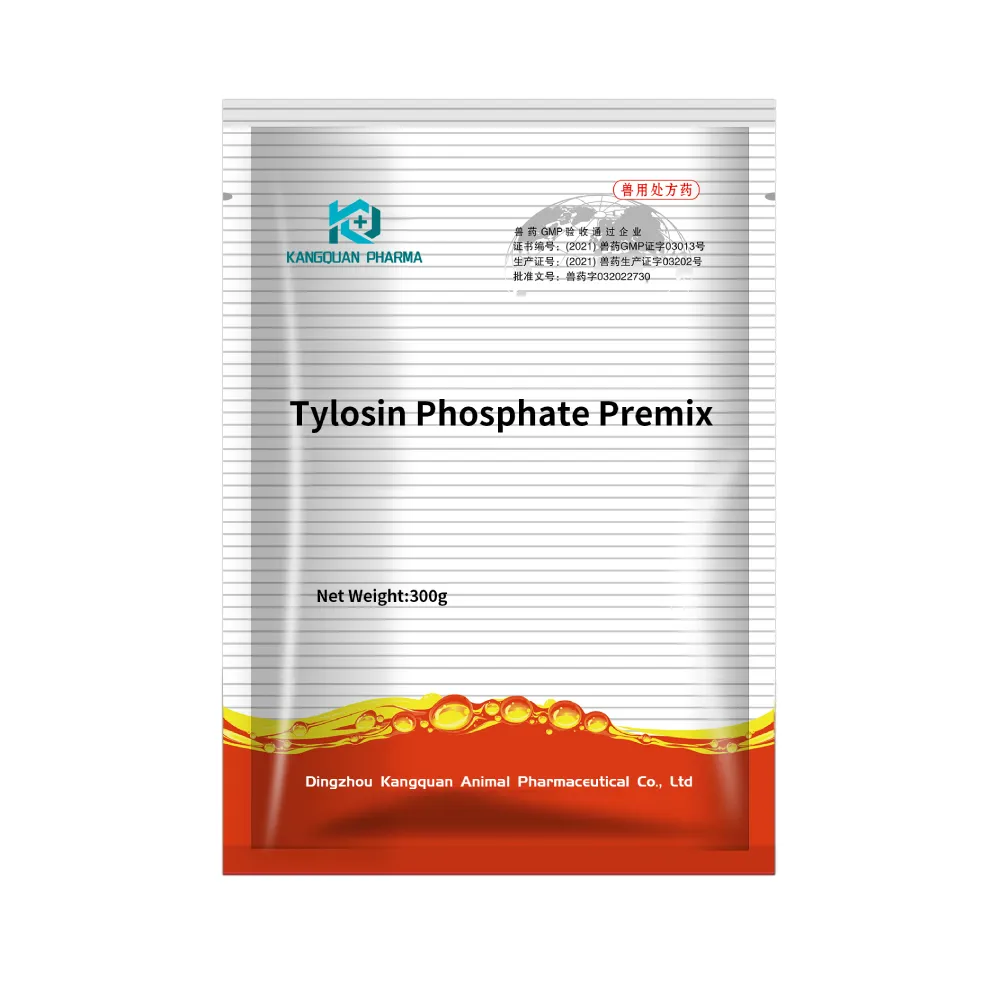- Afrikaans
- Albanian
- Amharic
- Arabic
- Armenian
- Azerbaijani
- Basque
- Belarusian
- Bengali
- Bosnian
- Bulgarian
- Catalan
- Cebuano
- Corsican
- Croatian
- Czech
- Danish
- Dutch
- English
- Esperanto
- Estonian
- Finnish
- French
- Frisian
- Galician
- Georgian
- German
- Greek
- Gujarati
- Haitian Creole
- hausa
- hawaiian
- Hebrew
- Hindi
- Miao
- Hungarian
- Icelandic
- igbo
- Indonesian
- irish
- Italian
- Japanese
- Javanese
- Kannada
- kazakh
- Khmer
- Rwandese
- Korean
- Kurdish
- Kyrgyz
- Lao
- Latin
- Latvian
- Lithuanian
- Luxembourgish
- Macedonian
- Malgashi
- Malay
- Malayalam
- Maltese
- Maori
- Marathi
- Mongolian
- Myanmar
- Nepali
- Norwegian
- Norwegian
- Occitan
- Pashto
- Persian
- Polish
- Portuguese
- Punjabi
- Romanian
- Russian
- Samoan
- Scottish Gaelic
- Serbian
- Sesotho
- Shona
- Sindhi
- Sinhala
- Slovak
- Slovenian
- Somali
- Spanish
- Sundanese
- Swahili
- Swedish
- Tagalog
- Tajik
- Tamil
- Tatar
- Telugu
- Thai
- Turkish
- Turkmen
- Ukrainian
- Urdu
- Uighur
- Uzbek
- Vietnamese
- Welsh
- Bantu
- Yiddish
- Yoruba
- Zulu
7 月 . 21, 2024 00:46 Back to list
Advancements in Dietary Practices for Enhancing Animal Health and Performance in Nutrition Science
Understanding Animal Nutrition Science Key Principles and Applications
Animal nutrition science is a vital discipline that explores the dietary requirements of various animal species, focusing on how nutrients affect their growth, reproduction, and overall health. This field integrates biochemistry, physiology, and agriculture, aiming to optimize animal production while ensuring the well-being of the animals and sustainability of the environment.
At the core of animal nutrition science is the understanding of macronutrients and micronutrients. Macronutrients, including proteins, carbohydrates, and fats, provide the energy and building blocks necessary for growth and maintenance. Proteins are made up of amino acids, which are essential for tissue repair and growth. In livestock, protein sources can vary from plant-based feeds such as soy and corn to animal by-products. Carbohydrates serve as the primary energy source, with fibrous feeds being crucial for herbivores to support digestive health. Fats are also important for energy provision and are concentrated sources of essential fatty acids.
Micronutrients, which include vitamins and minerals, play critical roles in metabolism and enzyme function. For instance, calcium and phosphorus are essential for bone development in growing animals, while vitamins A, D, E, and K are involved in various metabolic processes. Ensuring that livestock receive a balanced supply of these nutrients is essential for optimal productivity and health.
In contemporary animal nutrition science, the focus has expanded beyond simply fulfilling basic nutritional needs. The integration of nutritional genomics, which studies the relationship between diet and gene expression, is paving the way for personalized nutrition solutions. This approach tailors diets according to the genetic background of specific animal breeds, thereby enhancing growth performance and health outcomes.
animal nutrition science

Furthermore, animal nutrition plays a crucial role in sustainable agriculture. With the global population projected to reach nearly 10 billion by 2050, there is an increasing demand for animal products, which necessitates more efficient feeding practices. Nutritionists are now tasked with developing diets that utilize alternative feed ingredients, including by-products from human food production and plant-based proteins, to reduce dependence on traditional feed resources. This not only helps lower production costs but also minimizes the environmental impact associated with feed production.
Research in animal nutrition also emphasizes the importance of digestive microbiomes. The gut microbiota significantly influences nutrient absorption and overall health in animals. Understanding these microbial communities allows nutritionists to formulate diets that promote a healthy gut, ultimately leading to improved animal welfare and productivity. Probiotics and prebiotics are increasingly being incorporated into animal feeds to enhance gut health and performance.
Moreover, animal welfare is an important consideration in nutritional management. Proper nutrition supports health and well-being, reducing stress and the incidence of diseases in animals. Animal nutrition scientists advocate for practices that align feeding strategies with the behavioral and physiological needs of animals, thereby enhancing their quality of life.
In conclusion, animal nutrition science is a dynamic field that plays a crucial role in advancing animal husbandry practices. By understanding the nutritional needs of animals and integrating innovative approaches, this discipline is essential for promoting health, productivity, and sustainability in livestock production. As the challenges of food security and environmental sustainability evolve, animal nutrition will remain at the forefront, driving future research and development efforts to ensure that we can feed a growing global population responsibly.
-
The Power of Radix Isatidis Extract for Your Health and Wellness
NewsOct.29,2024
-
Neomycin Sulfate Soluble Powder: A Versatile Solution for Pet Health
NewsOct.29,2024
-
Lincomycin Hydrochloride Soluble Powder – The Essential Solution
NewsOct.29,2024
-
Garamycin Gentamicin Sulfate for Effective Infection Control
NewsOct.29,2024
-
Doxycycline Hyclate Soluble Powder: Your Antibiotic Needs
NewsOct.29,2024
-
Tilmicosin Premix: The Ultimate Solution for Poultry Health
NewsOct.29,2024













